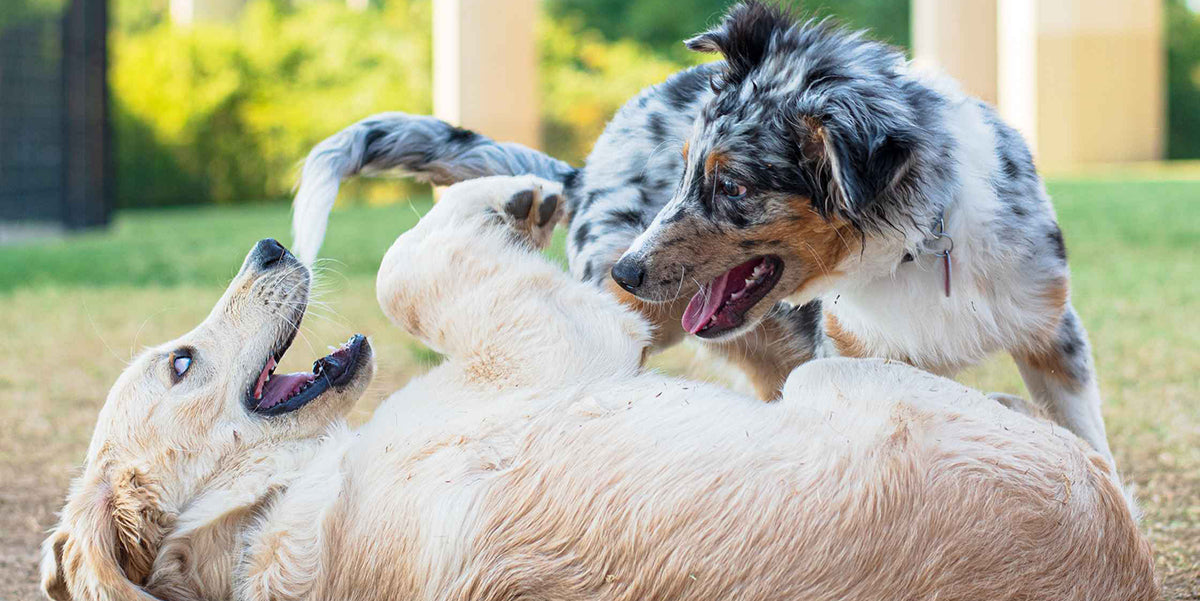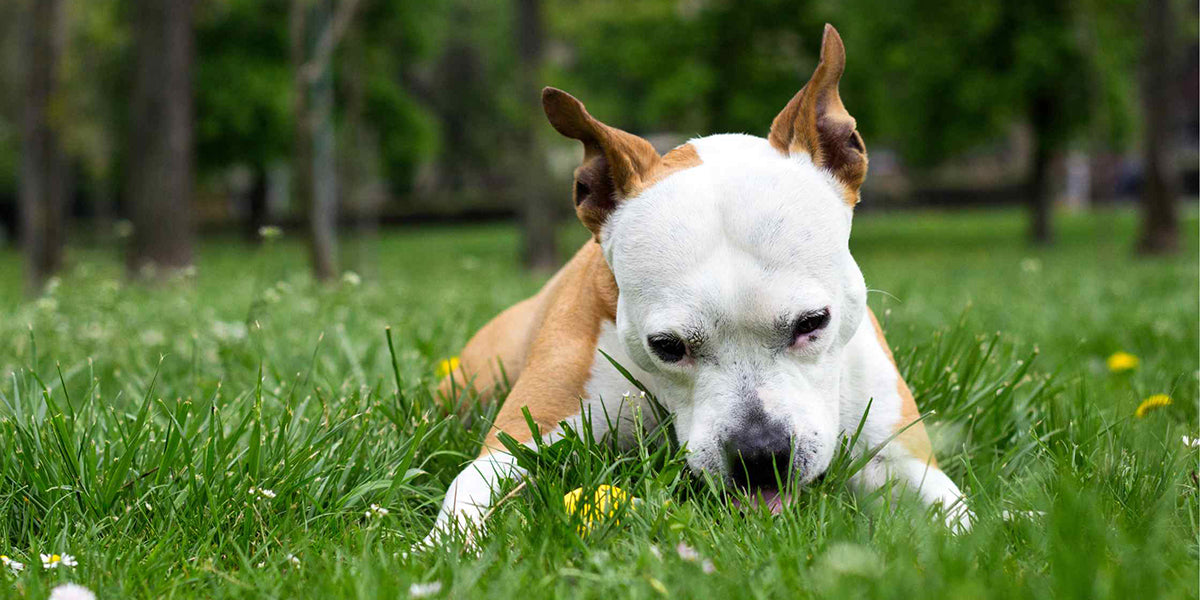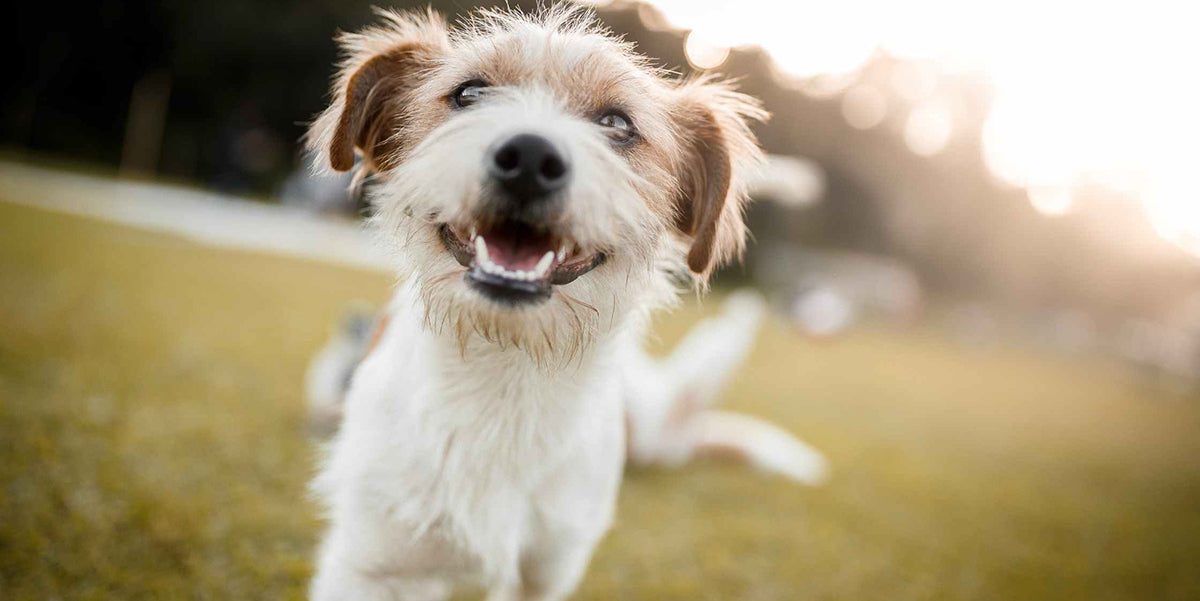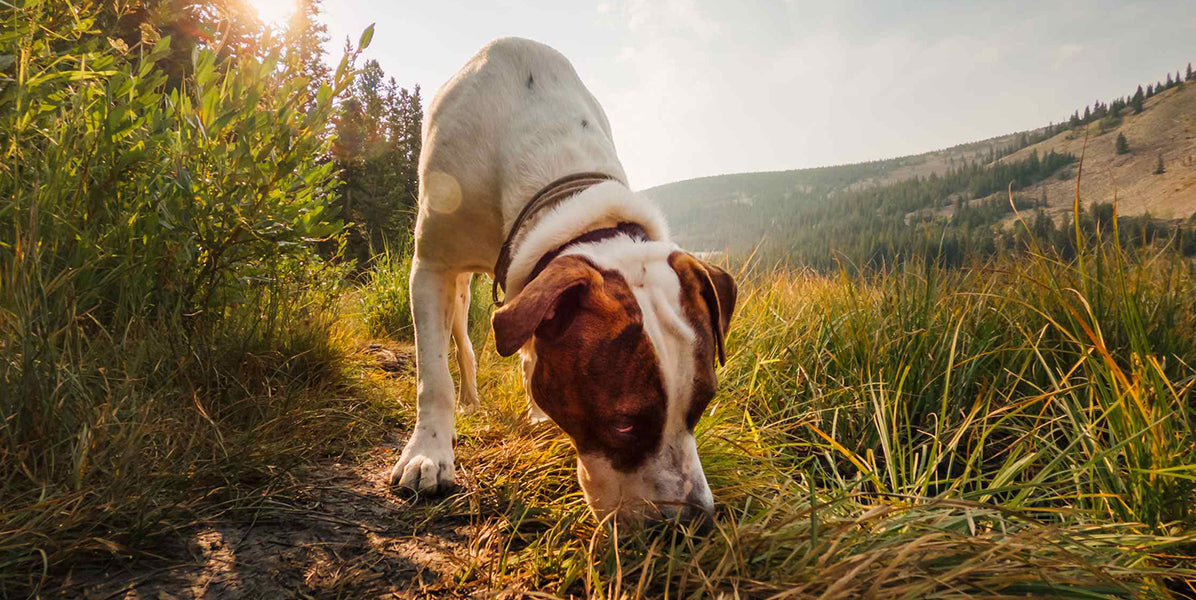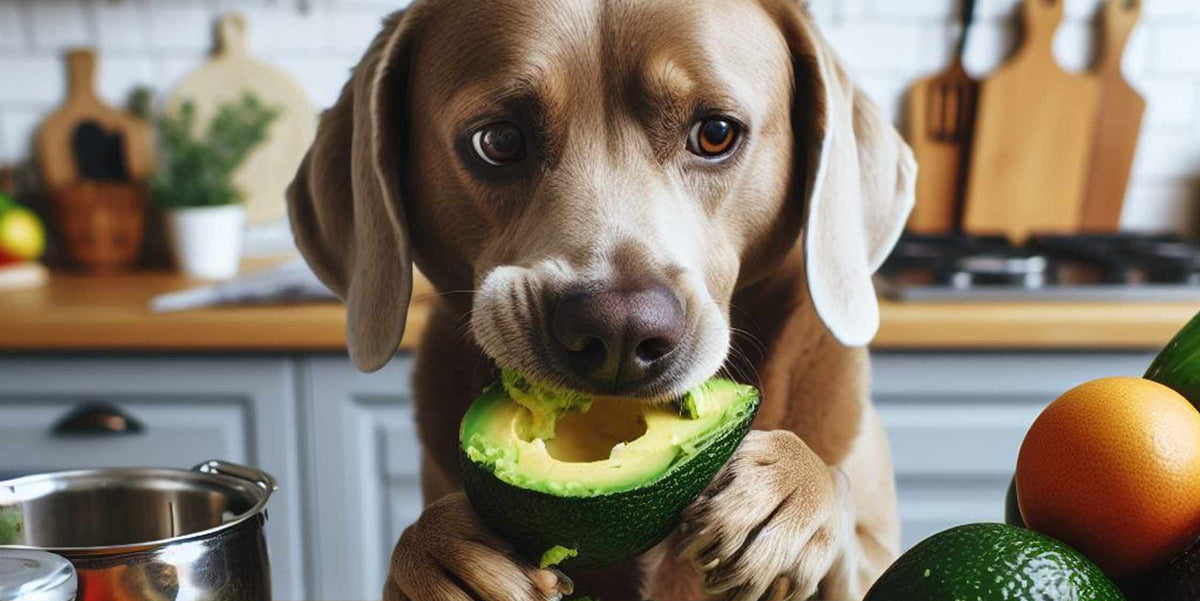There are simple ways you can socialise your dog, enabling them to experience a life of confidence while learning boundaries that ensure their safety. Try these dog socialisation tips with your fur baby.
It's not uncommon to come across dogs lacking social skills at the local dog park or during walks. These dogs might display aggression stemming from environmental anxiety or simply appear uncertain about their surroundings.
Unfortunately, situations like these, where dogs are unleashed with minimal socialisation, can lead to potentially dangerous interactions with other animals, people, and even children.
Encounters with dogs lacking proper boundaries can create challenges for everyone involved. These dogs may not have learned appropriate social cues or how to communicate effectively with other dogs.
As a result, what should be a pleasant outing can quickly turn into a tense situation, leaving both owners and their dog stressed.
This highlights the importance of responsible dog ownership, including proper socialisation and training. By exposing dogs to a variety of environments, people, and animals, we can equip them with the skills to navigate social situations safely and calmly.
CALM supplement and CALM + LAMB Functional Treat – a dynamic duo designed to bring calm and comfort to your dog.
Our specially formulated CALM supplement is crafted with a blend of natural ingredients. Working harmoniously together to help reduce anxiety in dogs when they are learning how to socialise.
Dog Socialisation Tips
Here are some tips to successfully socialise your dog:
Start Early
Begin socialisation during the critical period, usually between 3 weeks and 16 weeks of age, but continue throughout their life.
Positive Experiences
Ensure that social interactions are positive and enjoyable for your dog. Use treats, praise, and play to create positive associations.
Gradual Exposure
Introduce your dog to new experiences, people, and animals gradually, starting with less intimidating situations and gradually progressing to more challenging ones.
Controlled Environment
Keep interactions controlled and safe. Use a leash, harness, or enclosed space to prevent any accidents or negative experiences.
Diverse People
Expose your dog to people of different ages, genders, ethnicities, and appearances to prevent fear of unfamiliar individuals.
Varied Environments
Introduce your dog to various environments, including parks, streets, stores, and different surfaces, to help them feel comfortable everywhere.
Positive Dog Encounters
Arrange playdates with well-socialised, friendly dogs to teach your dog appropriate dog-to-dog interactions.
Desensitisation
Gradually expose your dog to potential triggers (like cars, bicycles, loud noises) at a distance and reward calm behaviour.
Socialising your dog enables them to experience a life of confidence while learning boundaries that ensure their safety |
Stay Relaxed
Your calm demeanour during socialisation can help reassure your dog that new experiences are safe.
Consistency
Practice regular socialisation to reinforce positive behaviours and prevent regression.
Training
Teach basic commands like "sit," "stay," and "come" to build your dog's confidence and responsiveness. See 7 Practical Dog Training Techniques
Positive Vet Visits
Take your dog to the vet for positive experiences that involve treats and praise, not just during emergencies.
Use Professional Help
Consult a professional dog trainer or behaviourist if your dog has specific socialisation challenges or fears.
Observe Body Language
Learn to read your dog's body language to understand when they're comfortable or anxious.
Patience
Be patient and go at your dog's pace. Don't rush or force them into overwhelming situations.
Remember, socialisation is an ongoing process that requires patience, consistency, and a positive attitude. Every dog is unique, so adapt your approach to your dog's individual personality and comfort level.
Issues that Unsocialised Dogs Might Encounter

Unsocialised dogs can face a range of issues. Stemming from their lack of exposure to various people, animals, environments, and experiences during their critical developmental stages.
Some common issues that unsocialised dogs might encounter are:
Fear and Anxiety
Dogs that haven't been properly socialised can become fearful and anxious in unfamiliar situations, around new people, or encountering other dogs. This can lead to stress and even aggressive behaviours.
Aggression
Unsociable dogs might exhibit aggressive behaviours due to fear or discomfort around unfamiliar people, animals, or situations. They may resort to aggression as a defence mechanism.
Inappropriate Behaviour
Lack of exposure to different stimuli can result in dogs developing inappropriate behaviours. Such as excessive barking, growling, or even destructive tendencies.
Reactivity
Unsocialised dogs might become reactive when encountering new things. These can include pulling on the leash, lunging, or even attempting to escape from perceived threats.
Poor Communication Skills
Dogs that haven't been socialised might struggle to communicate effectively with other dogs or understand human cues. This can lead to misunderstandings and conflicts.
Socialisation isn't a one-time process; it's an ongoing effort throughout a dog's life |
Difficulty with Training
Unsocialised dogs can find it challenging to focus on training or follow commands in unfamiliar or stimulating environments.
Isolation
Dogs that aren't accustomed to various environments or people may become isolated, avoiding situations that trigger discomfort.
Trouble with Grooming and Veterinary Visits
Dogs that haven't been socialised might find grooming sessions and visits to the vet stressful and overwhelming, making these necessary activities difficult.
Reduced Quality of Life
Unsocialised dogs might miss out on enjoyable outings, adventures, and interactions that could enhance their quality of life.
Limited Bonding Opportunities
A lack of socialisation can impact the bond between a dog and their owner, as the dog might struggle to understand and trust their human companions.
Ongoing socialisation is a critical aspect of a dog's development and overall well-being and should continue throughout their life to ensure a well-adjusted and confident canine companion.
In Summary
It's important to note that socialisation isn't a one-time process; it's an ongoing effort throughout a dog's life.
Addressing socialisation issues in unsocialised dogs often requires patience, positive reinforcement, and gradual exposure to new experiences under controlled circumstances.
Consulting with a professional dog trainer or behaviourist can provide guidance tailored to your dog's specific needs.
Disclaimer: The entire contents of this email and website are not to be taken as medical advice. The team at Pet Squad Pty Ltd trading as PetWell encourages you to make your own pet healthcare decisions based on your research and in partnership with a qualified pet healthcare professional.









